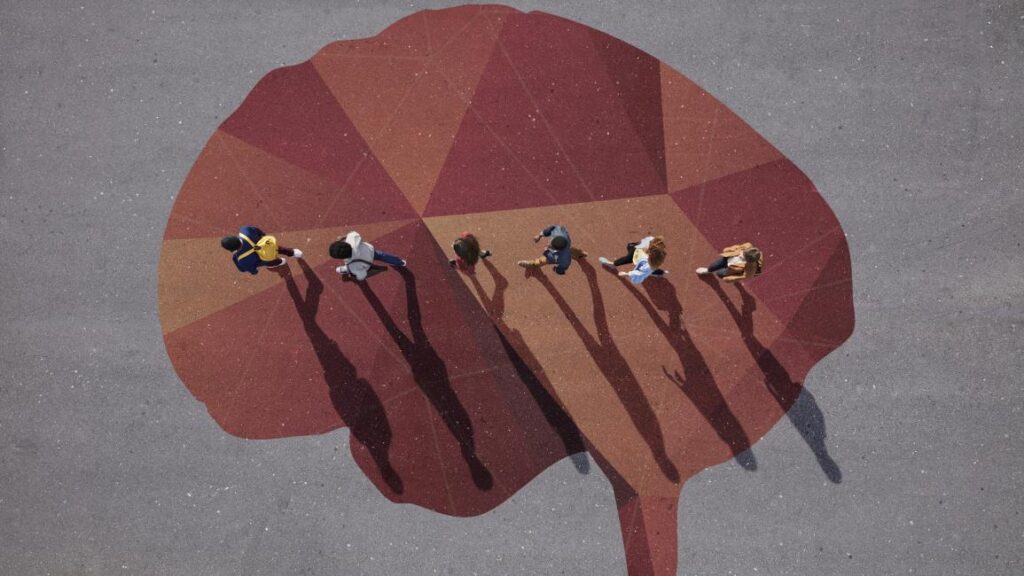A group of researchers are taking a different path beyond general intelligence—using AI to better understand the human mind.
Introducing “Centaur” AI model that is designed to replicate human behavior and cognitive biases in psychological experiments.
But could this make artificial intelligence and human mind act the same way and how ?
What Is the Centaur Model?
- Built on Meta’s open-source LLaMA model (launched in 2023).
- Designed to act as a human participant in cognitive experiments.
- Aims to mimic human-like reasoning rather than just compute answers.
Artificial Intelligence Trained to Act Like Human Mind
- Trained on data from 160 psychological experiments.
- Dataset included over 10 million responses from 60,000 human volunteers.
- Covered a wide range of tasks:
- Memory and attention tests
- Decision-making scenarios
- Reward-based learning
- Risk and reward estimation
The model was trained to select answers similar to those given by humans under the same conditions.
Similar Acts Taken by Artificial Intelligence and Human Mind
- Accurately predicted human responses in new, unseen experiments.
- Demonstrated generalization: when a spaceship in a game was replaced with a flying carpet, Centaur used the same strategy—just like humans.
- Solved logic problems in a human-like way: succeeded where most people do, and failed where they typically struggle.
- Failed to detect patterns generated by statistical formulas (rather than humans), reinforcing its reliance on human-like reasoning.

Experts Opinion About the Similarity in Action Between Artificial Intelligence and Human Mind
Some experts praised the model and considered it a significant achievement.
Russ Poldrack, Professor of Cognitive Psychology at Stanford University, stated that it is “the first model capable of performing such a wide range of tasks in a way that resembles a human volunteer.”
Meanwhile, Ilya Sutskever, Professor of Computer Science at New York University, said that “Centaur clearly outperforms classical cognitive models.”
Artificial Intelligence and Human Mind Still Different
On the other hand, some scientists expressed skepticism about the value of the results.
Olivia Guest, a researcher in computational psychology at Radboud University in Netherlands, criticized the lack of a clear cognitive theory behind the model’s architecture, arguing that “predictive ability alone does not explain the mind.”
Similarly, Gary Lupyan, Professor of Cognitive Science at Indiana University, remarked, “We’re not looking for a model that predicts, but for a theory that explains.”
In response, Marcel Binz noted that “Centaur does not yet represent a comprehensive theory of the mind, but it could become a standard platform for testing future theories and evaluating how well a single model can simulate complex patterns of human thought.”
What’s Next for Centaur?
- The team is expanding the dataset fivefold.
- Goal: enable the model to simulate even more complex patterns of human thought.
Despite ongoing legal challenges facing major AI companies over data usage, the Centaur project offers a promising new frontier in the relationship between artificial intelligence and human mind.
It’s not about replacing humans—but about understanding them better.
Do you think artificial intelligence and human mind can think in the same way?
Let us know your thoughts !








